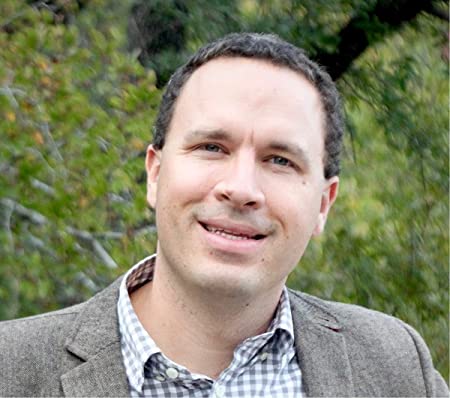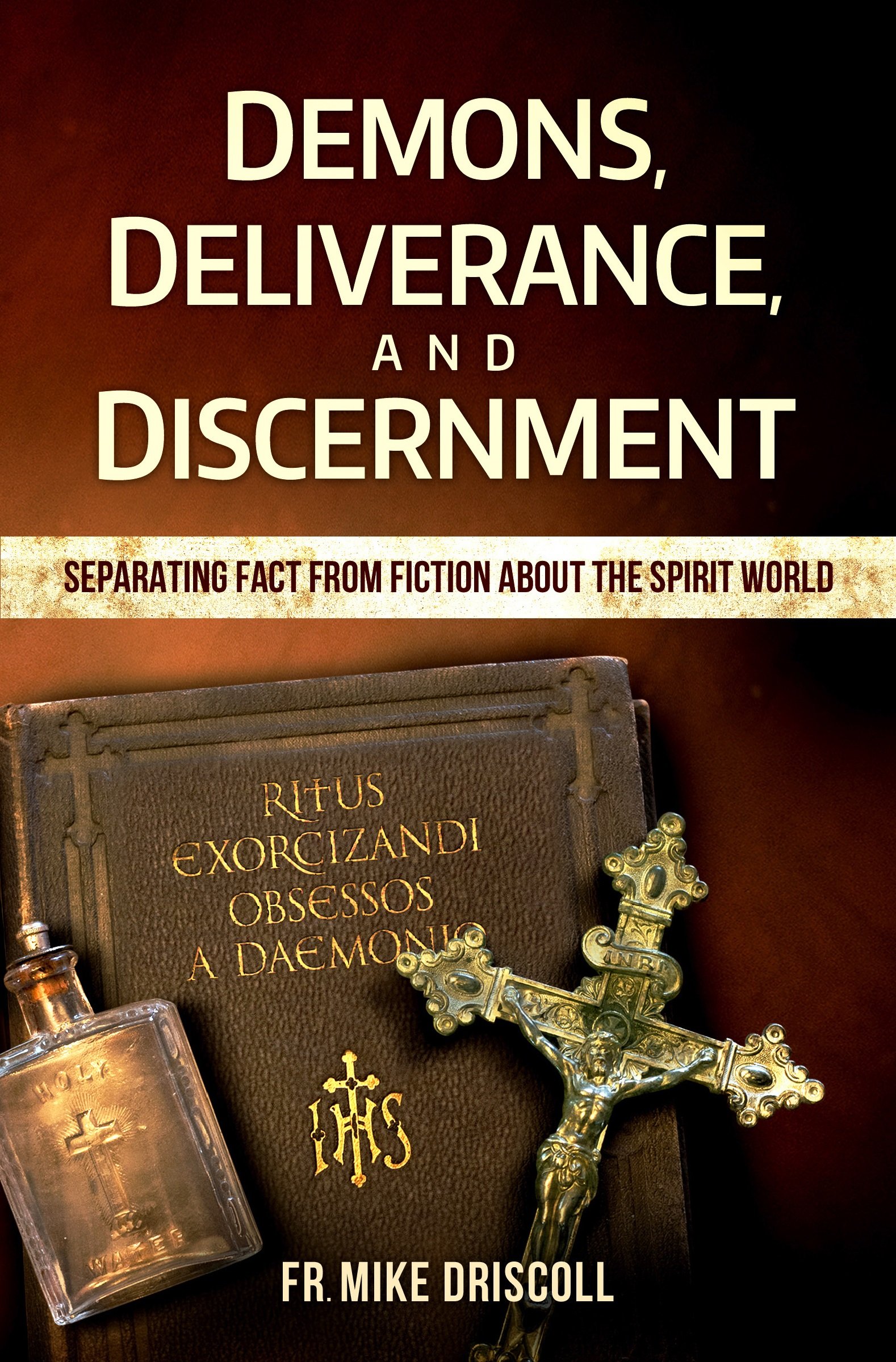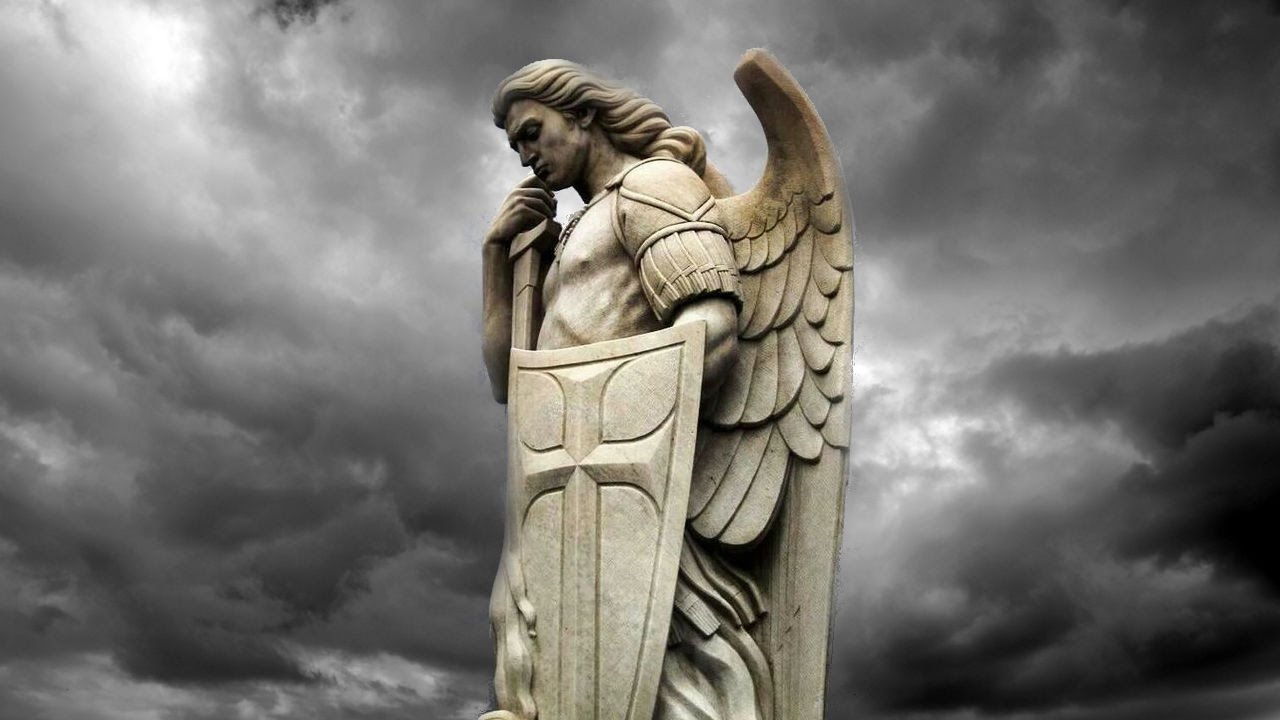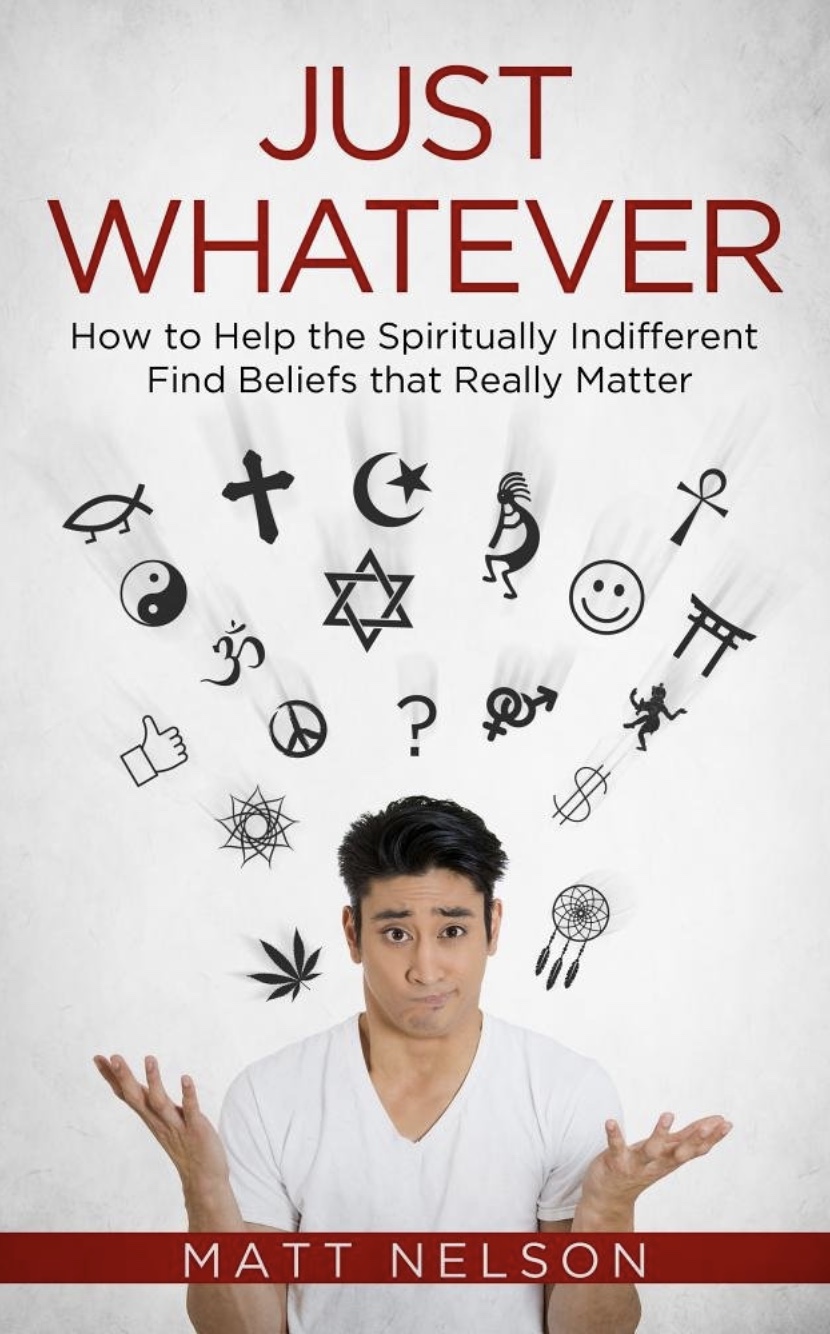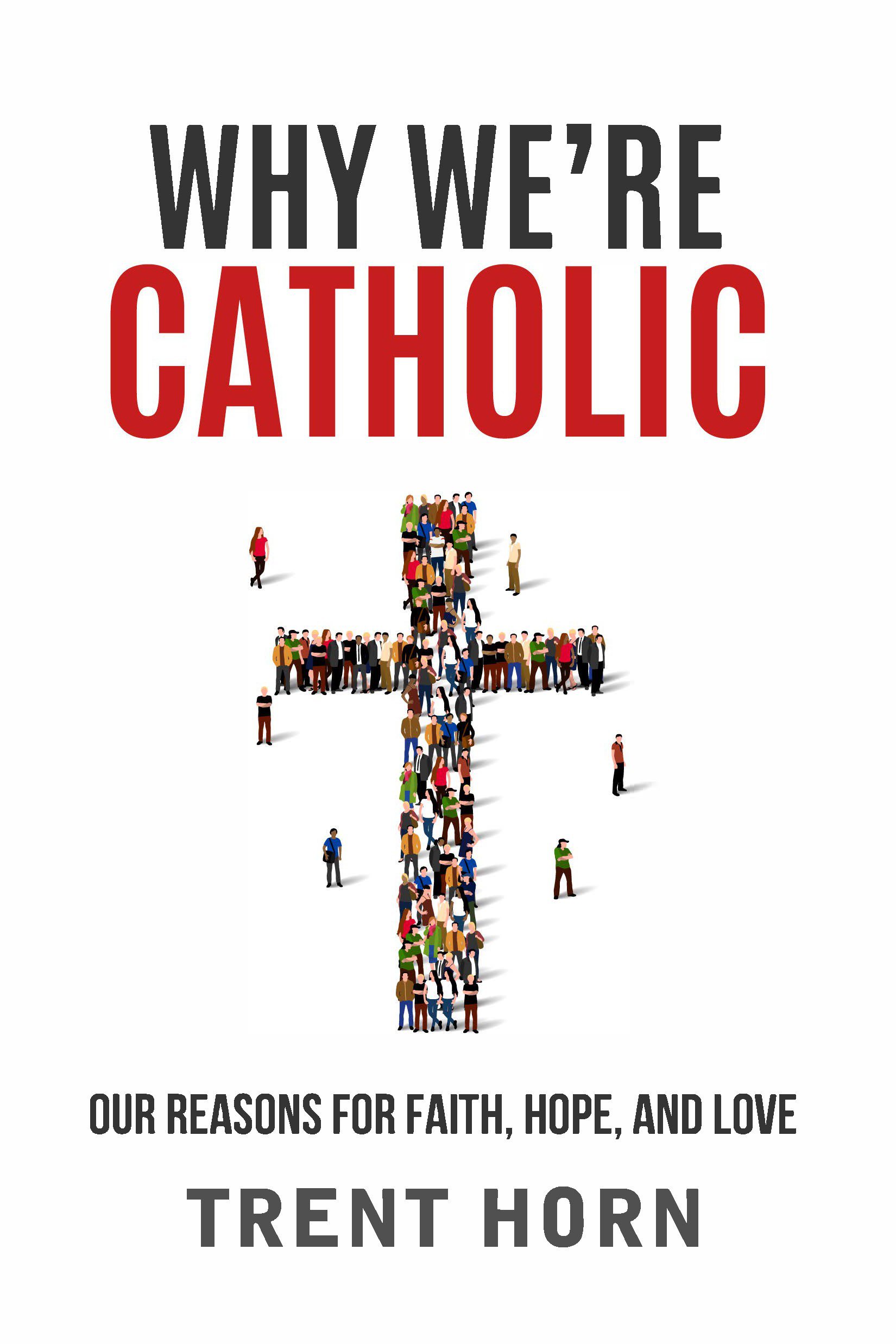Two Protestants You Will Meet
Honestly, being a Catholic apologist has its downsides. One is that people feel they can email you out of the blue with a list of arguments against the Catholic Church and then demand you respond. Over the years I’ve received many such emails, some rudely written, others genuinely seeking answers. One upside to these messages, though, is that they give me insight into a broad swath of Protestant Christians and the varied obstacles that they face. I have noticed that many of those Protestants resemble one of two types: the Certain Guy and the Robot
The Holy Spirit Certainty Guy
Charles was a Protestant who emailed me, describing something of his history as a Christian: going from one denomination to another many times over the years as his beliefs changed and he decided his current church was in error.
His meanderings had finally made him wonder if, perhaps, Catholicism was what it claimed to be. “Maybe there is a true Church?” he asked. When a Protestant comes to this question on his own, it is a wonderful thing. It indicates an openness to the possibility that the whole Protestant paradigm may be mistaken; instead maybe God did preserve the Church from error.
In the second half of his email, however, Charles listed his chief objections to Catholicism, notably the Church’s beliefs about Mary. Charles ended by saying:
“I am a Christian struggling with the dilemma of where to gather among other Christians to worship God—but the issue of praying to Mary is a stumbling block, or should I rather say, heresy in my opinion, which I regard as equal to idolatry and which will keep me very far away from the Roman Catholic Church.”
Charles’s candor was refreshing. He said very directly that he could not imagine becoming Catholic due to what he saw as heresy. In my response, I gently nudged him with questions about how he knew what Christ and the apostles taught and how he knew that his interpretation of Scripture was accurate. I also gave evidence for the perpetual virginity of Mary and the intercession of the saints. I kept it to a few paragraphs and waited for his response.
Charles opened his reply thanking me for my email, but then he said “However, I am still completely unconvinced by your reasoning—and I know that I indeed do have the Holy Spirit who leads me into all truth and he is not leading me to believe what you have suggested.”
Ah, there it was! He believed that he had the Holy Spirit and read John 16:13 to mean that the Spirit will lead him individually into all truth. He was sure that the Holy Spirit was showing him that I was in error and that he was not.
Striking At the Root
When you encounter the Certainty Guy, you could respond to his impregnable certainty with an equally confident assertion, as I did: “I also have the Holy Spirit and am unconvinced by your reasoning, so we are at an impasse. Further, Martin Luther and John Calvin believed they had the Holy Spirit, and they rebutted other Protestants who held the same interpretation that you did about Mary’s perpetual virginity. So our impasse deepens.”
In this brief exchange we exposed the fundamental problem of Protestantism. He claims he’s right because he has the Holy Spirit. I claim that I’m right for the same reason. And according to Protestantism, no person or church or institution can adjudicate our competing claims. In any dialogue with a Protestant it is important to reach this point, so that your friend can realize the unresolvable dilemma that his beliefs create.
Charles emailed back telling me that he “does not arrogantly pick and choose” his beliefs as I suggested. Of course, I never claimed that his choosing was done in arrogance, only that he was indeed picking and choosing: picking which issues were essential versus non-essential, and choosing what to believe on each of those issues. Even if he did not do it arrogantly, the fact remained that he was doing it, and that under Protestantism’s paradigm he had no choice but come up with an individual belief on every issue he came across.
It is instructive that even though I said nothing about him acting arrogantly or capriciously in choosing his beliefs, Charles inferred that I made such an accusation. Misunderstandings like this occur often in any discussion about beliefs. Faith abides deeply within us, and any perceived challenge to our beliefs can result in a defensive reaction, even if our discussion partner acts in a completely amiable way.
Our email exchange continued for a bit longer and wended toward the question of whether sola scriptura was true, but for our purposes here the main point has been shown. When you face Certainty Guy, who is absolutely confident in his interpretation of Scripture and of the Holy Spirit’s guidance, simply push back, without any rancor, that you can claim the same thing, and so reveal a conundrum.
The One-Way Street
About six months after my book The Protestant’s Dilemma was published, I received an email from a Protestant man (whom I’ll call Louis) directing me to his website where he was making a chapter-by-chapter rebuttal of my book. He was brief but respectful enough, so I went and checked it out. His was the first substantive attempt to rebut my arguments, so I was interested in what he had to say.
Unfortunately, his site had the look-and-feel of a Web 1.0, circa 1998 site hand-coded in basic html. Even though as a computer programmer I winced, I was able to ignore that, but since he was attempting a rebuttal one chapter at a time, I also had no way of knowing when he posted more updates for me to read.
I kindly emailed Louis and suggested he go with a standard blogging website, which would allow him to publish each of his rebuttal attempts as blog posts that I and others could subscribe to. He paid no attention to my suggestions and instead just kept sending me short emails, about once a day, that had a link in them to his argument web pages.
I figured that I would give him another chance to interact in a constructive way, so I went to one of his links, read his argument, then sent him an email rebutting the argument. In this particular case, he was denying that Mary was the mother of God. I explained why this title is valid, but he ignored my argument and sent me yet another link to his web page.
At that point I realized I was dealing with someone uninterested in interacting like a human being. Rather, like a machine he wanted to blast his arguments at me—whether they were sensible or not—and didn’t want to have a discussion. It was a one-way street. I called him out on this and said I would automatically filter his emails into the trash if he continued this robotic behavior. He immediately continued it, and I filtered his emails. The next day he emailed me from a different address!
Domo Arigato, Mr. Roboto
Most Protestants, thankfully, are not robots like Louis. But some are, and possibly you will encounter one, whether virtually or in person. Keep in mind that you are not obligated to respond to them or to play by their (lopsided) rules. In my experience, interacting with such people goes nowhere, as they are not truly open to discussion and honest analysis of the arguments.
Instead, they are locked into existing beliefs that see Catholicism as apostate or heretical, and have one goal: to disseminate attacks against the Church in rapid-fire fashion.
And remember, even when people act in such exasperating ways, seek to forgive them. Pray for them—the best thing and often the only thing that you can do—and leave them in our Lord’s hands. You hope to see them and be with them in heaven one day, in spite of their errors and your own faults and weaknesses.”
Love, and the love of neighbor it takes to explain, without being defensive, patiently, calmly, kindly, lovingly, which comes only from His grace,
Matthew


